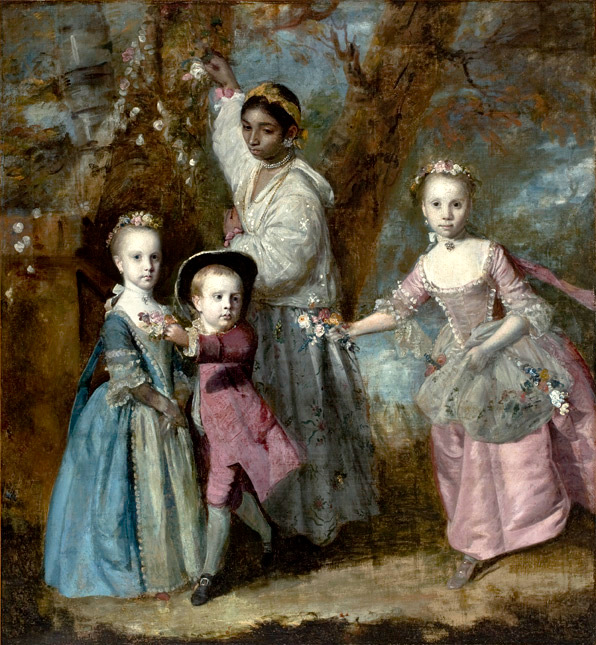Robert Cruttenden on:
[Wikipedia]
[Google]
[Amazon]
Robert Cruttenden (1690–1763), was a London merchant, Methodist and hymn-writer.
Director of the East Indian company
 Cruttenden married Sarah Cliff at the chapel of Saint Aske’s Hospital (almhouses),
Cruttenden married Sarah Cliff at the chapel of Saint Aske’s Hospital (almhouses),
Early life
He was the son of Joseph Cruttenden (c.1658 – after 1731), a wholesaleapothecary
''Apothecary'' () is a mostly archaic term for a medical professional who formulates and dispenses '' materia medica'' (medicine) to physicians, surgeons, and patients. The modern chemist (British English) or pharmacist (British and North Amer ...
in London
London is the capital and List of urban areas in the United Kingdom, largest city of England and the United Kingdom, with a population of just under 9 million. It stands on the River Thames in south-east England at the head of a estuary dow ...
. He was educated to follow his uncle Rev Robert Bragge (1665–1738) into the Dissenting ministry, but decided he was unsuited because of his Arianism. Instead, in 1717 Cruttenden became a bookseller and broker
A broker is a person or firm who arranges transactions between a buyer and a seller for a commission when the deal is executed. A broker who also acts as a seller or as a buyer becomes a principal party to the deal. Neither role should be confu ...
, setting up shop near the Mercers' Chapel in Cheapside
Cheapside is a street in the City of London, the historic and modern financial centre of London, which forms part of the A40 London to Fishguard road. It links St. Martin's Le Grand with Poultry. Near its eastern end at Bank junction, where ...
, London, before making and losing a fortune in the South Sea Bubble speculation. He went bankrupt in 1721, and moved to Finsbury. He was a friend of Philip Doddridge
Philip Doddridge D.D. (26 June 1702 – 26 October 1751) was an English Nonconformist (specifically, Congregationalist) minister, educator, and hymnwriter.
Early life
Philip Doddridge was born in London the last of the twenty children of ...
of Northampton, with whom he exchanged visits.
Cruttenden wrote some poems, published after his death, translated a French version of Pindar's ''Ode to Prosperina'' (London, 1738), and wrote ''The principles and preaching of the Methodists considered'' (London, 1753).
Conversion to Methodism
Cruttenden became a friend ofMethodist
Methodism, also called the Methodist movement, is a group of historically related denominations of Protestant Christianity whose origins, doctrine and practice derive from the life and teachings of John Wesley. George Whitefield and John's ...
George Whitefield in 1742, after hearing John Cennick
John Cennick (12 December 1718 – 4 July 1755) was an English Methodist and Moravian evangelist and hymnwriter. He was born in Reading, Berkshire, England to an Anglican family and raised in the Church of England.
According to Moravian Bisho ...
preach at the recently built wooden Tabernacle
According to the Hebrew Bible, the tabernacle ( he, מִשְׁכַּן, mīškān, residence, dwelling place), also known as the Tent of the Congregation ( he, link=no, אֹהֶל מוֹעֵד, ’ōhel mō‘ēḏ, also Tent of Meeting, etc.), ...
. He rejoined the Calvinistic
Calvinism (also called the Reformed Tradition, Reformed Protestantism, Reformed Christianity, or simply Reformed) is a major branch of Protestantism that follows the theological tradition and forms of Christian practice set down by John Ca ...
Lime Street Independent chapel
In Welsh and English church history, Independents advocated local congregational control of religious and church matters, without any wider geographical hierarchy, either ecclesiastical or political. They were particularly prominent during the W ...
, near Leadenhall Market, where Robert Bragge had been pastor; becoming a lay elder. Here he experienced a spiritual conversion, which was described in print by Whitefield, attracting interest and criticism.
Cruttenden wrote seven or so hymns, published after his death: 'And is it yet, dear Lord, a doubt?' 'Did Jesus die, but not for me?’ ‘I own my guilt, my sins confess;' 'Let others boast their ancient line;' 'Rise, Sun of glory, shine reveal'd;' ' 'Tis false, thou vile accuser, go;' 'What adverse powers we feel within.'
Family
Hoxton
Hoxton is an area in the London Borough of Hackney, England. As a part of Shoreditch, it is often considered to be part of the East End – the historic core of wider East London. It was historically in the county of Middlesex until 1889. It li ...
, 3 September 1716. The couple had three children: Edward Holden Cruttenden (1717-1771), an East India Company director; Joseph Cruttenden, an attorney and Clerk to the Royal College of Surgeons
The Royal College of Surgeons is an ancient college (a form of corporation) established in England to regulate the activity of surgeons. Derivative organisations survive in many present and former members of the Commonwealth. These organisations a ...
, 1745–80; and Sarah Elizabeth Cruttenden (1725-1811), who married the surgeon Sir Percivall Pott. Through them, he had grandchildren, some of whom were painted by Sir Joshua Reynolds
Sir Joshua Reynolds (16 July 1723 – 23 February 1792) was an English painter, specialising in portraits. John Russell said he was one of the major European painters of the 18th century. He promoted the "Grand Style" in painting which depen ...
. Cruttenden died 23 June 1763, and was buried in a private vault in Bunhill Fields, 1 July 1763.William Porter, ''A sermon occasioned by the death of Robert Cruttenden, Esq. (who departed this life June 23, 1763, aged 73 years) preached at Mile's-Lane, on Lord's-Day, August 7. To which are added, several poetical composures'' (London, 1763).
Notes
{{DEFAULTSORT:Cruttenden, Robert 1690 births 1763 deaths English booksellers English hymnwriters English Methodists Businesspeople from London